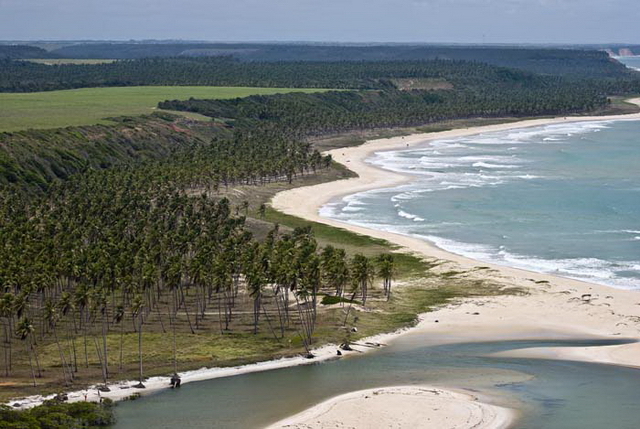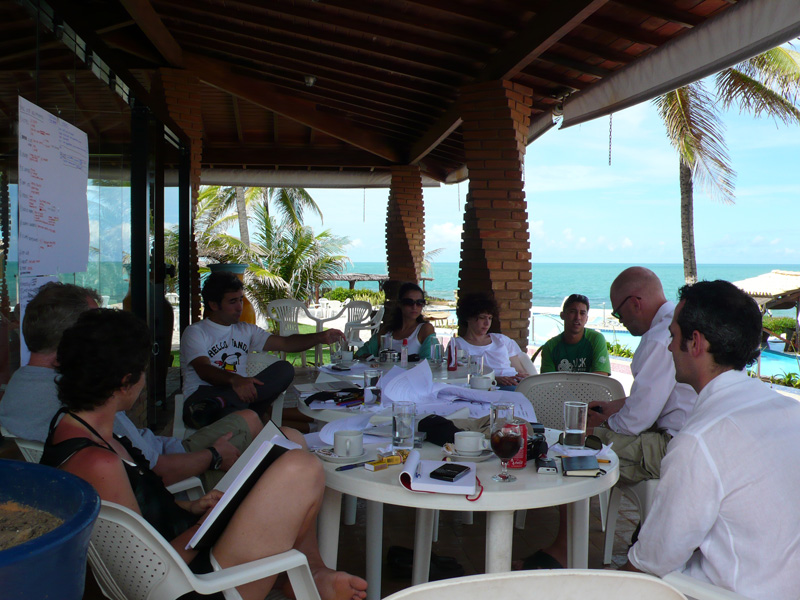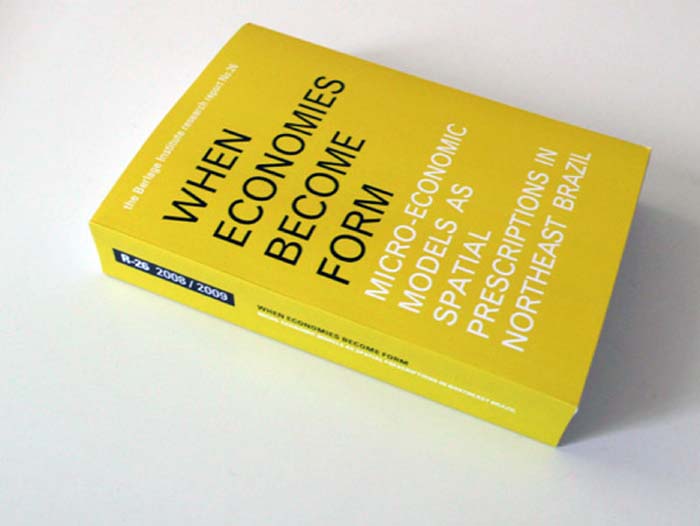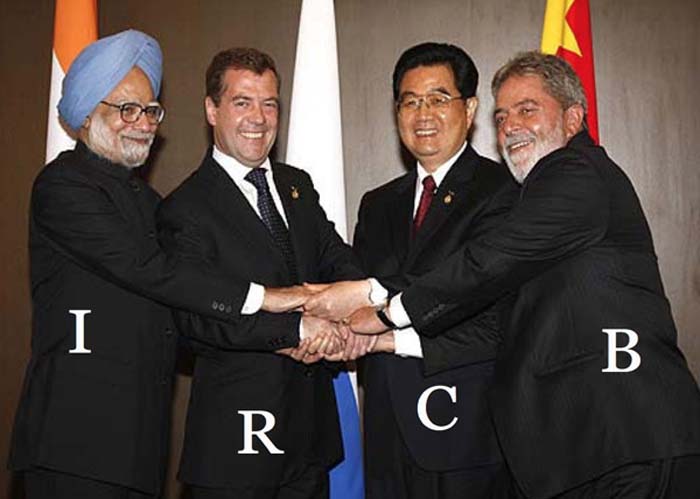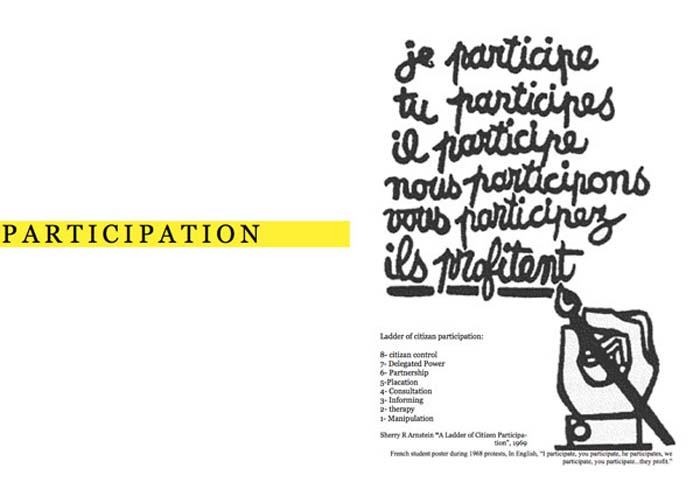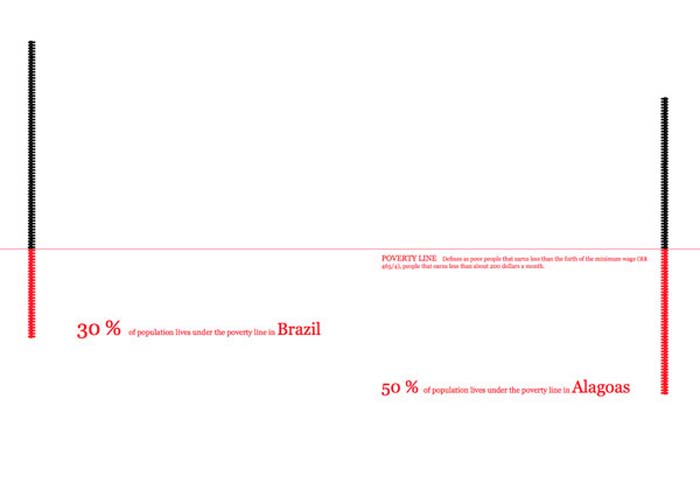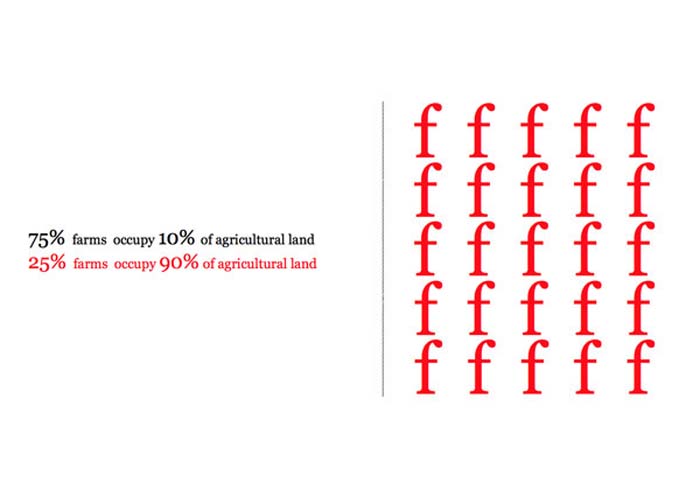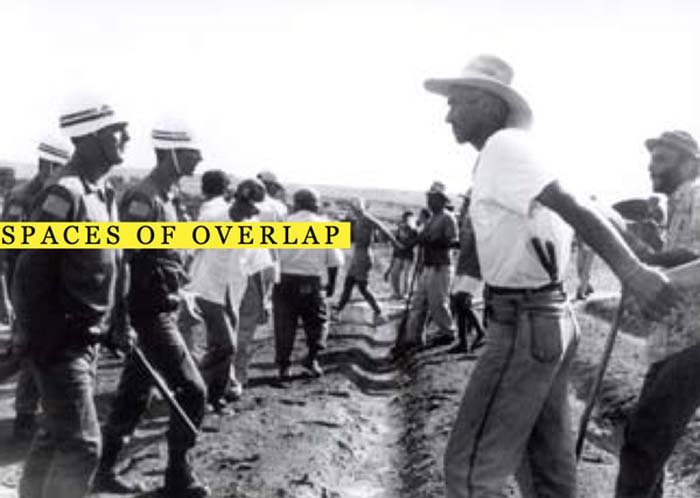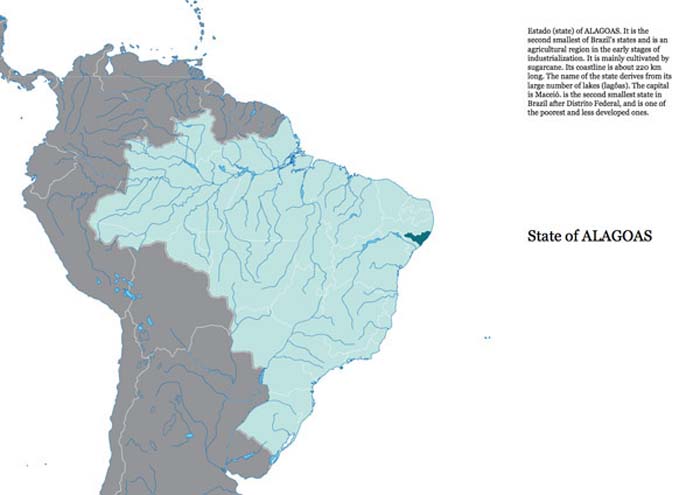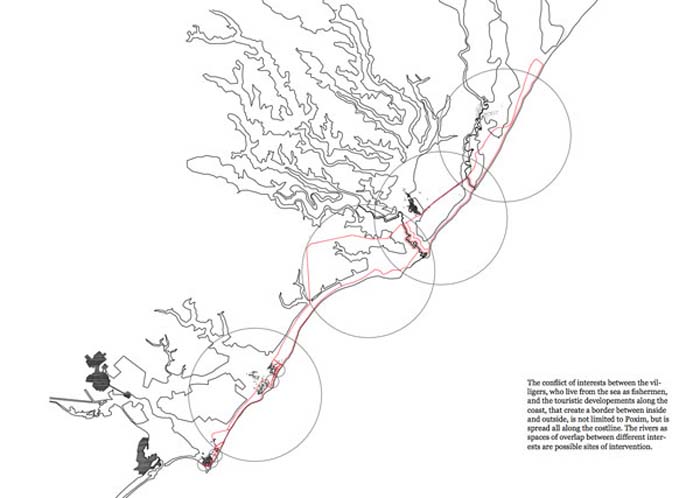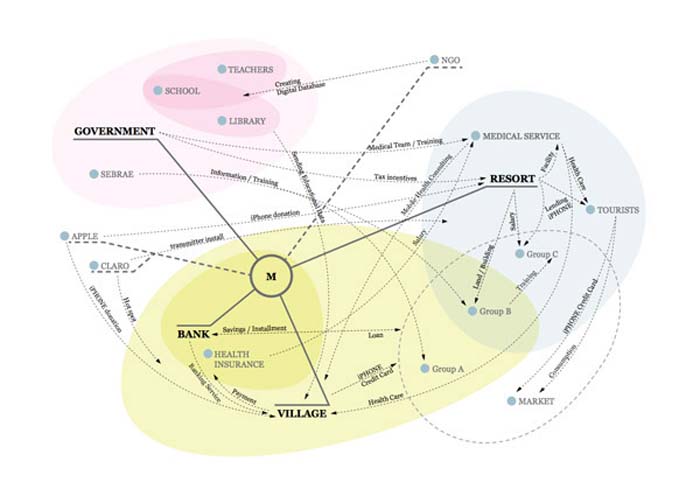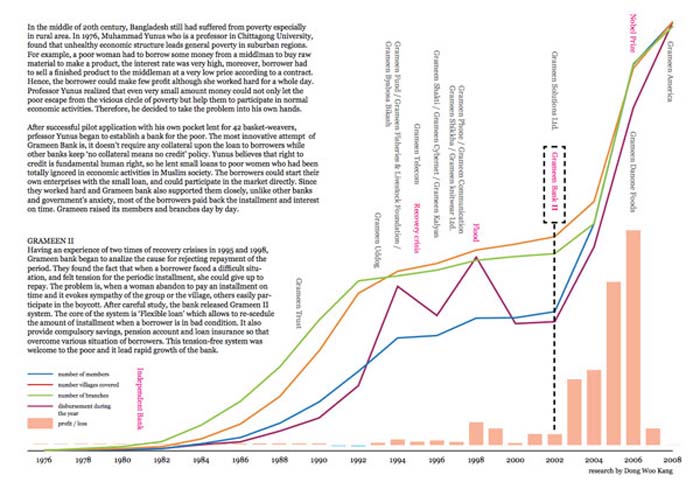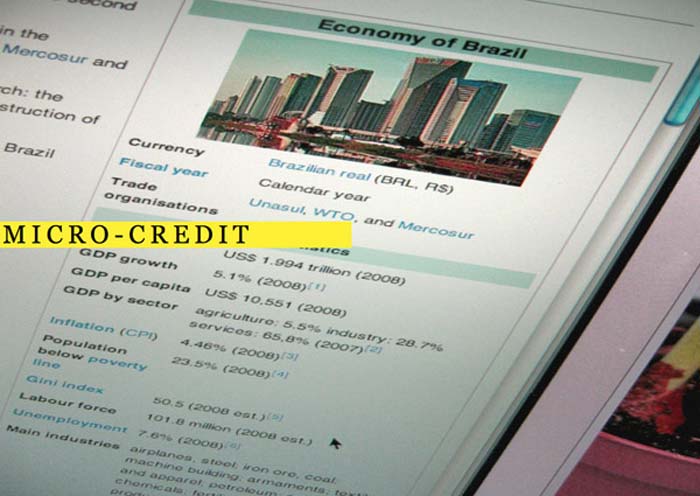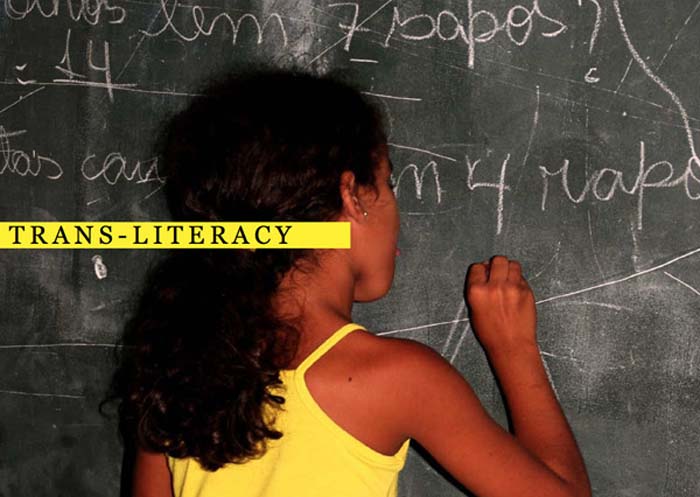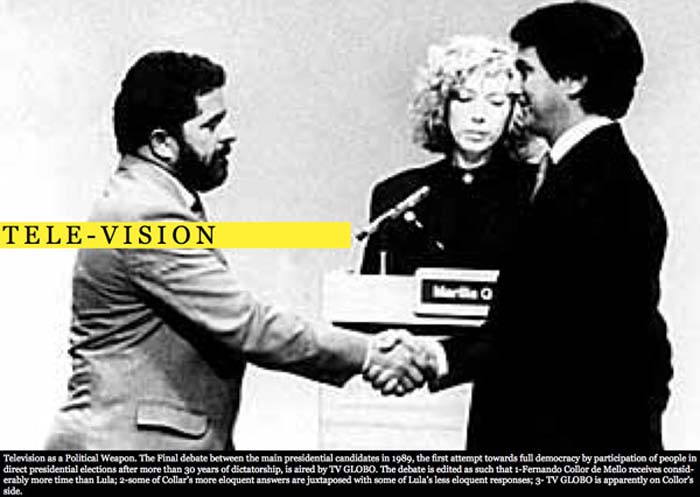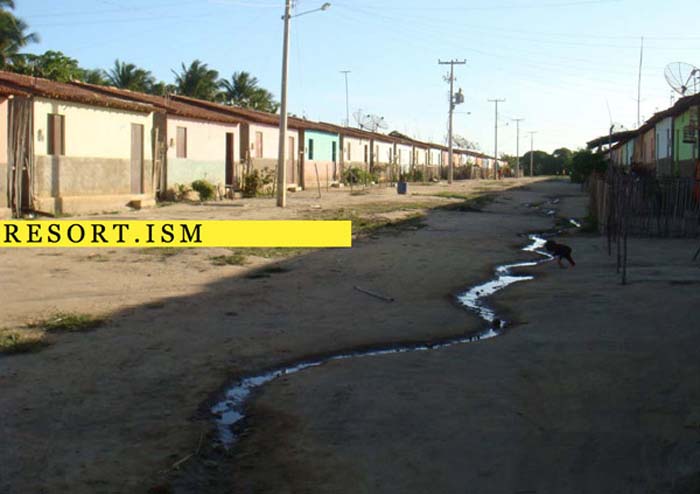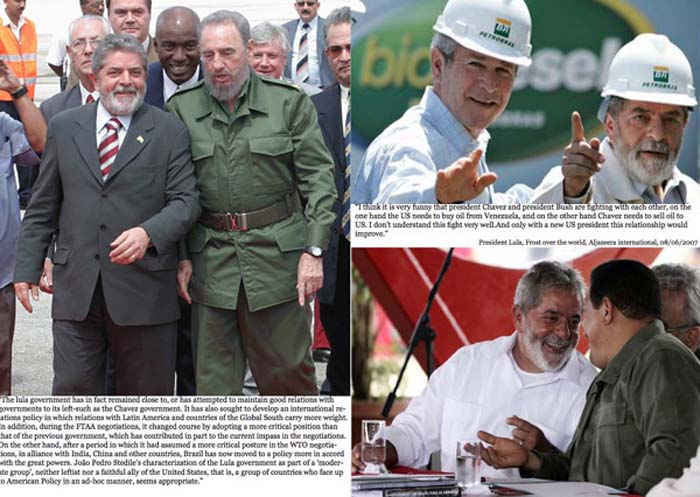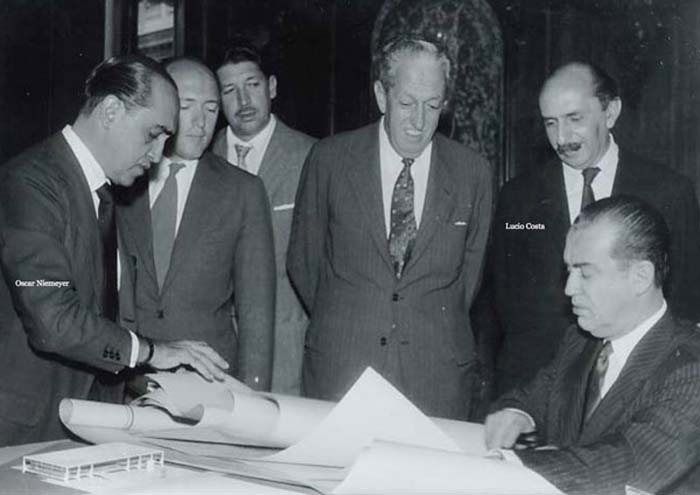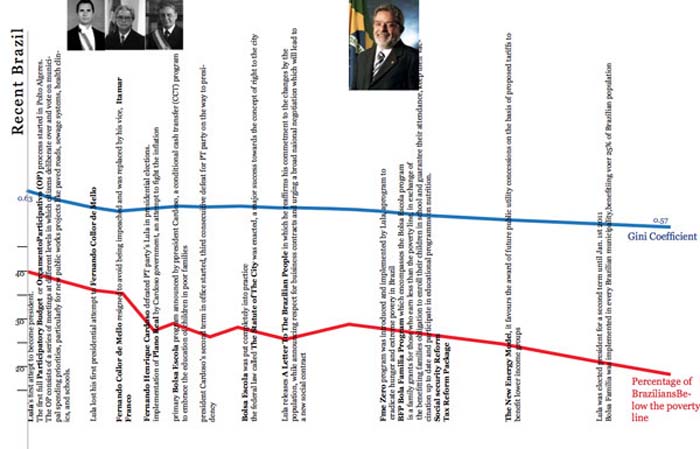Duas Barras
2011
Coruripe, BR
- Commissioned by Harald Orneberg
- In collaboration with Tina di Carlo, Tyler Brule, Winkreative (London), James Corner Field Operations (New York), Andy Gruber, Tauari (Sao Paulo), Steve Teruggi, Monocle Magazine(London), Itxaso Ceberio Berges & Pedram Dibazar, Berlage Institute (Rotterdam)
- Phase 1: Markus Miessen & Ralf Pflugfelder
- Phase 2: nOffice (Miessen Pflugfelder Nilsson)
- Phase 3: Markus Miessen & Tina Di Carlo, at Berlage Institute, Rotterdam
Duas Barras is a former sugar cane farm bordering the Atlantic Ocean, located on the north east coast of Brazil. Situated outside the town of Coruripe, Alagoas, the site measures approximately 200 hectares. The project comprised 40 villas, a hotel, as well as a stand-alone destination of programmatic elements, a Mediatheque. Of primary importance to the client was the creation of place (given the contemporary state of the resort - resorts are everywhere and have become a generic rearrangement of programmatic elements) and appeal to a highly specific clientele. The project was set up as a curatorial one, with practitioners and thinkers being appointed as master-planners and leaders of specific components, and teams and sub-teams assembled.
Duas Barras is a site divided in two main topographical features - the plateau (at average +30m elevation) and the lowlands (at average +1m elevation), including Mangrove areas, sandy beaches and dunes. Formerly a sugar cane plantation and a coconut grove Duas Barras presents a wide range of native biomes such as the Atlantic Forest, the Mangrove, the Restinga and the Apicum. With 2.5 Km of beachfront extension, with 1.5 Km of River/Mangrove frontage and with 32% of the site identified with protected landscapes, Duas Barras offers a wide range of possibilities for distinctive living, working, exercising, meditating, playing, etc. set amongst nature and thriving landscapes. Remote, but not unreachable, Duas Barras is accessible by car, helicopter or plane from Maceió.
The Mediatheque's spatial and operative framework consisted of a building, a script for use, and a series of mobile components and furniture that allowed the space to change over time. It proposed more content via more intelligence, more service, more knowledge, and less effort. The program was stripped bare to expose the essentials of infrastructure and service, strategised as a series of spatial overlaps and hybrid typologies that begin to describe new social relationships and dynamics, intelligently curated to produce new content.
The brief was left deliberately open in order to garner the architect's approach and way of thinking. It was the first component of the project. Thereafter the project then proceeded more as a curatorial one, with practitioners and thinkers being appointed as master planners and leaders of specific components, and teams and sub-teams assembled.
Winkreative attended the architectural charette on the Duas Barras site at the outset of the project, collaborating with architects from four offices and specialist consultants to progress the initial concept through to a detailed masterplan briefing document. Creative deliverables have now expanded to include the resort’s visual identity, print collateral and website to facilitate the sales process.
Berlage Institute
In a time of global economic challenges – paralleled by a resource crisis as the result of an increasing awareness regarding the looming depletion of crude oil – there is arguably the potential for a reverse globalization: that of extreme locality and context produce. While international trading, shipping, and physical logistics are becoming increasingly expensive, even tax-exempted islands of economic potential will no longer hold true to their visionary frameworks. When transport becomes a luxury, economies will thrive locally. Such an exacerbation of localities arises in tandem with the reverse logic and proliferation global tourism. When paradise becomes generic, the touristic and market value placed on the local, and localities, proliferates.
There is an odd notion hidden in this appeal of localities. We are skeptical about intervening in foreign lands. One should try to avoid the risks of authenticity and progress turning into the opposite of what they promise, i.e., either mimicking local customs by emulating their formal characteristics, or introducing planning frameworks that result in a pretense of heterogeneity through individual pedigree architectures.
This 18-week research studio will investigate a strategy for local intervention. The current economic climate and emergence of six resorts within the emerging sub-urban economy of Northeast Brazil, which has proven resilient to the current economic crisis, will be invoked as a case study. The six-star Duas Barras resort under development along Alagoas’ 143 miles of unspoiled coast will provide a backdrop for investigation.
Students will investigate twelve meta-topics via micro-economies in which content-productions become formal interventions and spatial prescriptions. Individual interventions will arise out of explorations considered on local, regional and super regional scales, which will in turn be considered as an accumulation or composite to produce a new, generative layer for the (sub-) region. Communication design will enter as content. Text will be developed as a material construct.
The site of intervention will be considered both physical and strategic, within the given locale of Duas Barras, Poxim, Coruripe, Alagoas, Northeast Brazil and that of generative micro-economies on local, regionale, and supra-regional scales. There will be a field trip to Brazil during the last week of March.
The studio structure will be akin to that of an office, in which students maintain indivdiual areas of responsibility, within the context of a collective effort. It will adapt the working and collaborative structure of the Duas Barras project, in which Tina DiCarlo assumes the role of Editor and Curator and Markus Miessen, Architect. Knowledge and expertise gained are proposed in terms of methodology, content and formal techniques.
